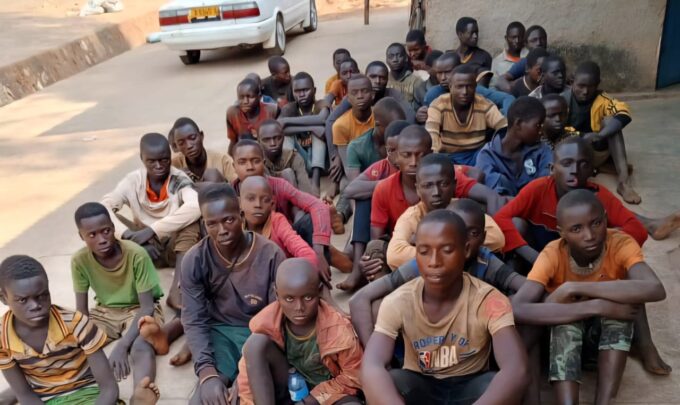Human rights defenders have raised serious concerns over irregularities in the detention and
release of prisoners in Burundi, including those granted clemency by Burundi President
Évariste Ndayishimiye earlier this month.
A report published earlier on Thursday by the Independent National Commission for Human
Rights (CNIDH) revealed troubling findings after visiting detention facilities in the provinces
of Makamba, Bururi, Mwaro, Gitega, and Karusi. According to the report, many detainees
are imprisoned without criminal files, for non-criminal offenses, or under orders from
unauthorized authorities.
“In some detention centers, facilities designed for 5 to 6 people hold as many as 20. This is a
clear violation of human rights,” stated CNIDH chairman Sixte Vigny Nimuraba. He added
that some detainees are held beyond legally permitted durations and endure inadequate living
conditions, such as a lack of toilets and running water, despite calls from the Ministry of
Justice to limit incarceration.
President Ndayishimiye’s recent pardon for 5,442 inmates—announced on November
14—aimed to reduce prison overcrowding. However, rights groups, including ALUCHOTO
and Ntabariza, have criticized the slow and selective execution of the clemency order.
Speaking to the press earlier on Wednesday, Vianney Ndayisaba, national coordinator for
ALUCHOTO, reported significant discrepancies in implementation. For instance, of the
2,800 inmates eligible for release from Mpimba Central Prison, only 653 have been freed.
Similarly, in Ngozi Prison, just 287 of the 400 eligible prisoners have been released.

Ndayisaba also alleged manipulation of prisoner files to justify continued detention. “Some
files are marked in ways that result in certain individuals remaining in custody,” he said,
questioning the integrity of the commission overseeing the pardon’s execution.
Both organizations urged the government to address the issues urgently. ALUCHOTO called
for the dismissal of officials undermining the president’s orders. “The president’s decision is
supreme. Those who defy it should be removed from their positions,” said Ndayisaba.
While no official response has been issued, Deputy Attorney General Isaac Kubwayo
reminded authorities that the responsibility for executing judicial decisions lies with prison
administrators and public prosecutors.
CNIDH plans to conduct further visits to assess the actual number of prisoners released under
the pardon. As of now, over 13,000 inmates remain in detention across the country, far
exceeding the prison system’s capacity of 4,000.
The delayed and selective execution of the presidential pardon raises critical questions about
the state of justice and human rights in Burundi.








Leave a comment